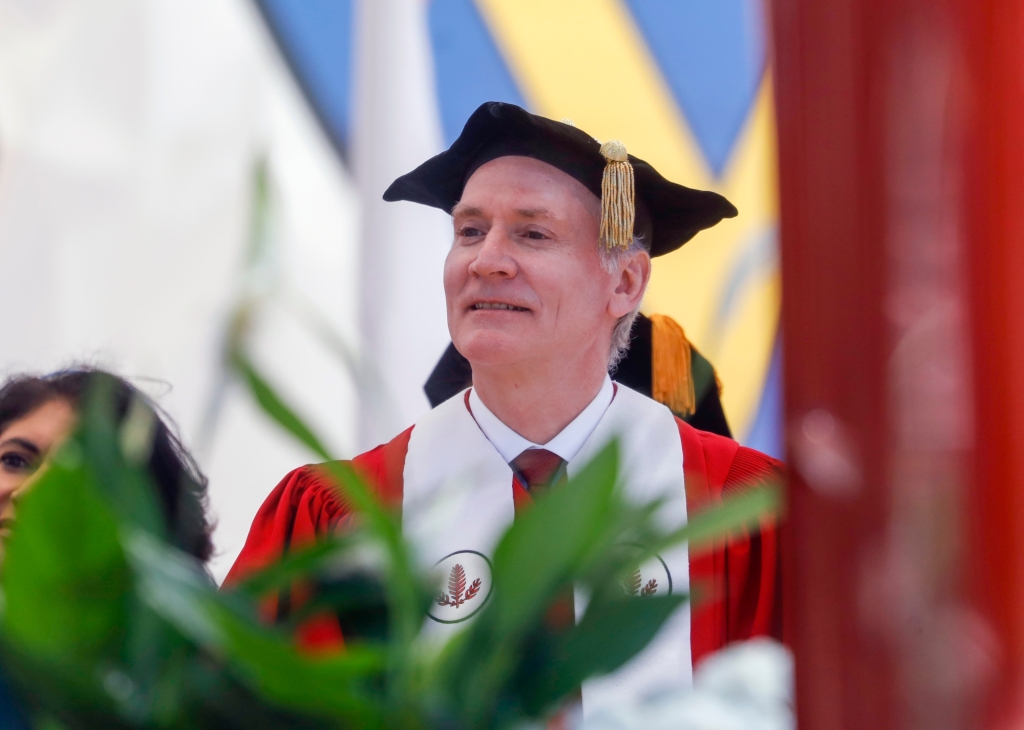Stanford president Marc Tessier-Lavigne announced Wednesday morning that he will step down as leader of the university, following a review of allegations of misconduct related to the authenticity of images published in scientific papers he co-authored.
While a months-long investigation by a special committee of the Stanford’s Board of Trustees concluded that Tessier-Lavigne did not personally engage in any fraud or falsification of scientific data and was not aware of misconduct by others prior to publication, it identified instances of manipulation of research data by others in his lab in five papers and found that Tessier-Lavigne should have been more diligent when seeking corrections.
The report said the award-winning neuroscientist “failed to decisively and forthrightly correct mistakes in the scientific record” when concerns arose about his papers.
The most serious claim, involving an important 2009 Alzheimer’s study conducted while Tessier-Lavigne was an executive at the South San Francisco biotech company Genentech, now Roche, “fell below customary standards of scientific rigor and process” and had “multiple problems,” according to the special committee’s report.
Anticipating debate about his ability to lead, Tessier-Lavigne wrote in a statement that “for the good of the University, I have made the decision to step down as President.” The university “needs a president whose leadership is not hampered by such discussions,” he said. He will leave his post on Aug. 31 but maintain his position as a tenured professor in the Department of Biology and continue his scientific research on brain development and neurodegeneration.
News of the report and Tessier-Lavigne’s decision was met with surprise on campus Wednesday. While some students expressed shock by his resignation, others said it had taken too long.
The board named Richard Saller as Stanford’s interim president beginning Sept. 1. Saller is a professor of European Studies…
Read the full article here







